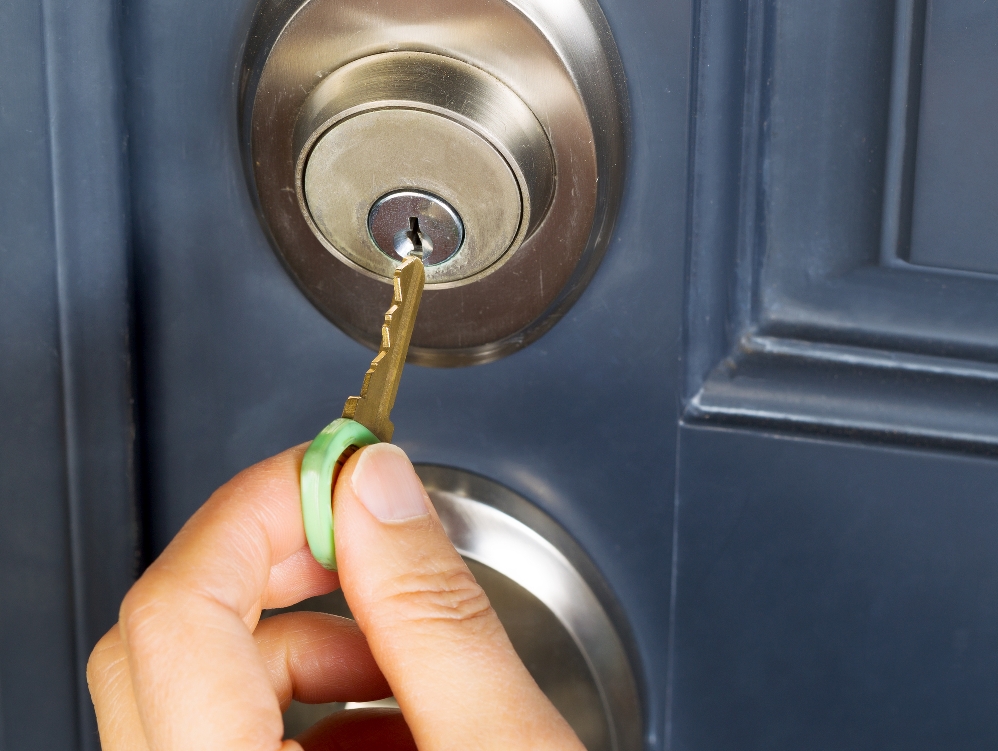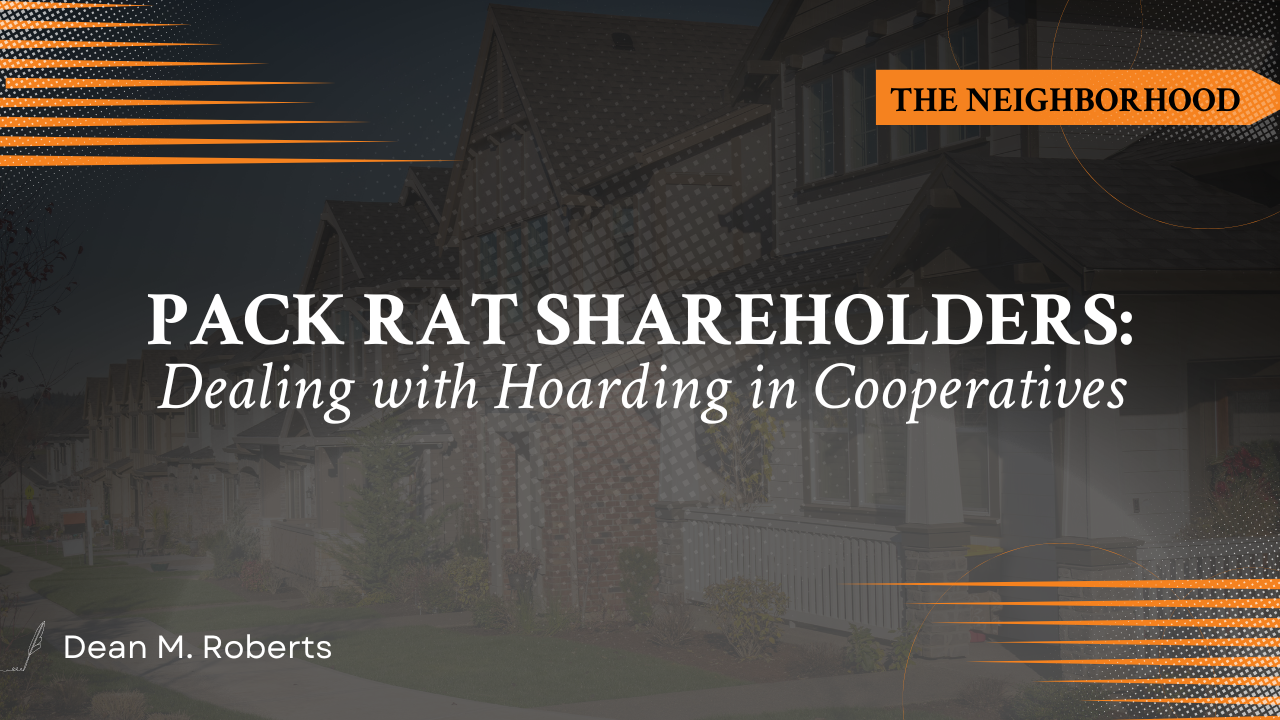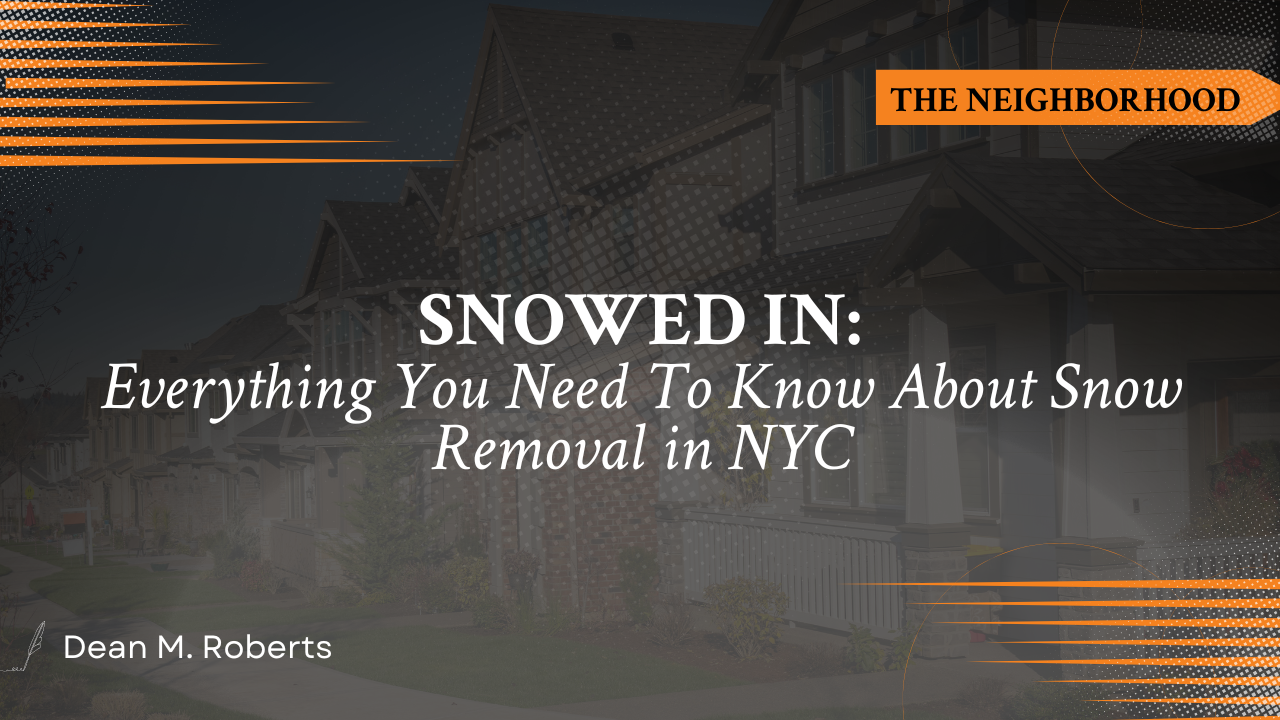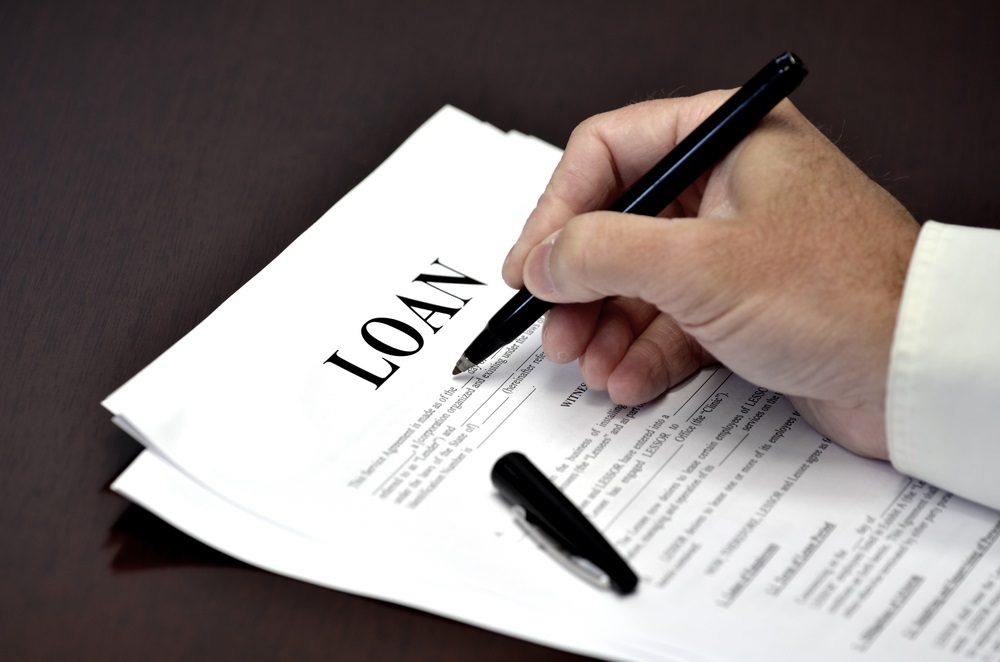When Can a Board Access Individual Shareholders’ Apartments?

Under the laws of New York, the standard is a reasonable one. In essence, that means if a co-op gives reasonable notice (24 hours' notice for an inspection or a week's notice for repairs, for example) the shareholder is obligated to provide access.
This standard is supported by case law. While access is normally not a problem, it can often become one when coupled with other things, such as hoarding, a leak, or an illegal sublet. But it is a problem around which both boards and management must be very careful. Under the law and the terms of most proprietary leases, a co-op has an absolute right to access apartments. However, just like a pedestrian with the right of way, this is a right to be exercised with a degree of caution. We advise clients that forced entry into an apartment should be a last resort. The co-op should make every effort to provide 24 hours' notice for an inspection or a week's notice for repairs whenever possible.
If there is an emergency, try to get some type of governmental intervention (i.e., the police, FDNY, etc.). That shows you were acting responsibly, and will protect the managing agent, the co-op, and the building employees from harm and, more likely, from any legal liability that may arise.
The issue to remember when a co-op accesses an apartment is a claim of stolen property. It is not unheard of for a resident to claim a Rembrandt or a gold coin collection is suddenly missing. So we advise our co-op clients to have at least a basic written protocol about access (including having at least two co-op representatives in the apartment), which our firm can help with; and to exercise a high level of caution when gaining access to people's apartments.
If you have any questions about this post, or questions about gaining access to a shareholder's apartment, please contact me at dmroberts@norris-law.com.




